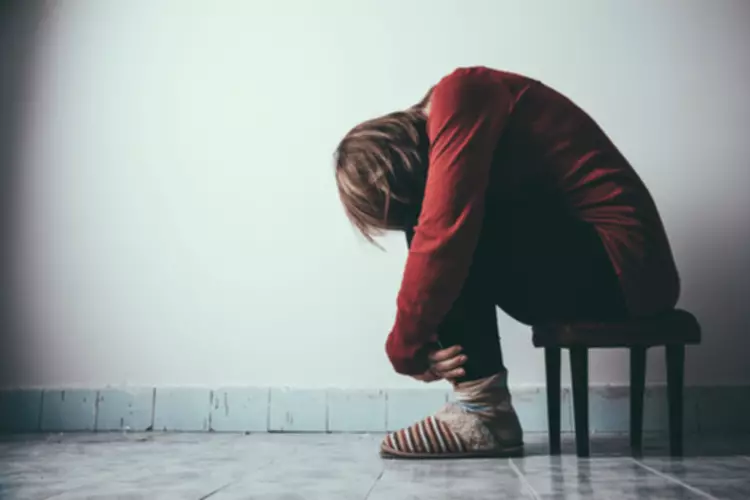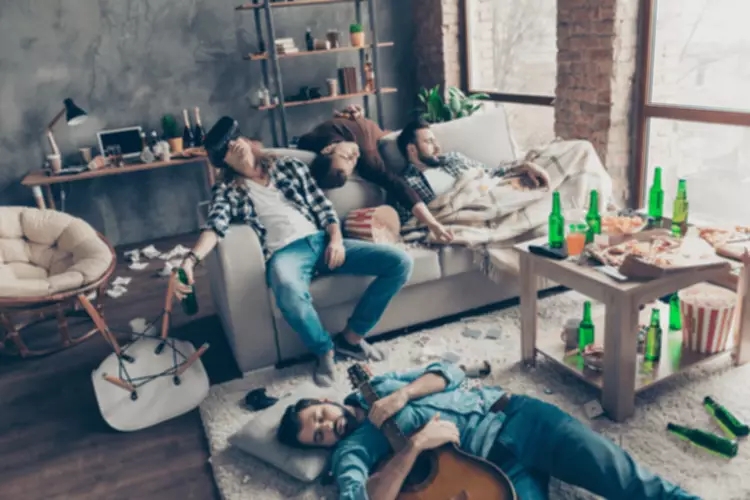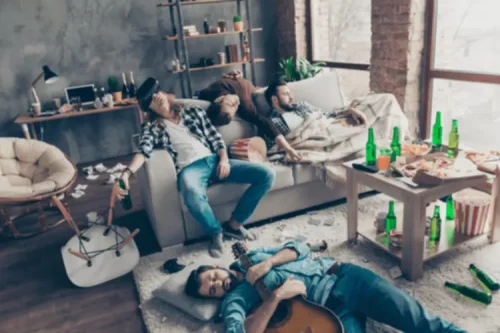The Direct Link Between Alcohol and Panic Attacks

If you’re frequently getting panic attacks after consuming alcohol, it’s important to take a step back and look at your drinking. If you’ve been unable to stop, despite the regular panic attacks that alcohol has caused, it’s recommended that you seek professional help to deal with the issue. If your panic attacks are alcohol-related, you should also re-examine your drinking patterns and consider cutting down on your drinking. If you can’t cut down on drinking despite recurring panic attacks or anxiety hangovers, then it would be what is alcoholism a good idea to look into getting help.
Borderline Personality Disorder vs. Narcissism: Key Differences You Should Know
Patients can expect improvements in anxiety symptoms within 2 to 4 weeks. Patients can expect improvements in anxiety symptoms within 4 to 6 weeks, with continued use leading to long-term relief. Venlafaxine is a serotonin-norepinephrine reuptake inhibitor (SNRI) that increases both serotonin and norepinephrine levels in the brain, improving mood and reducing anxiety. Patients can expect a gradual reduction in anxiety symptoms over 4 to 6 weeks. If you take medication for anxiety, or you take anti-inflammatory drugs or narcotics, drinking can cause problems with anxiety.
Evidence-based Treatments
Dizziness or lightheadedness may occur, especially when standing up quickly. Studies show high rates of anxiety in alcohol-dependent individuals. One found 35.8% of alcohol-dependent men and 60.7% of women reported anxiety symptoms. In today’s world, mental health conditions are understood far better than in the past, and some of them have become much easier to diagnose. According to data from the National Institute of Mental Health, somewhere between 1% and 3% of the global population suffer… This feels like intense tightness, and the sensation is similar https://ecosoberhouse.com/ to a muscle cramp.
- This increase can lead to a drop in your blood sugar (glucose) levels, and when this is too low it is known as hypoglycaemia.
- As alcohol is a sedative and depressant, it can relieve feelings of fear and anxiety in the moment.
- And depression is affected by alcohol too – find out more on our alcohol and depression webpage.
- Nervousness affects 60-80% of individuals with alcohol-induced anxiety disorder.
- If you are more prone to these disorders, you may have a more extreme reaction to alcohol withdrawal than someone who does not suffer from panic attacks.
- If you’re still feeling anxious after a few weeks, contact your GP surgery.
- Chronic alcohol use can lead to tolerance, requiring more alcohol to achieve the same effects.
What is Behavior Therapy? Clinical Uses Explained

Panic attacks are intense episodes of fear and anxiety that trigger not only cognitive and emotional symptoms but also physical reactions. Anxiety as we commonly use it refers to feelings of worry, fear, or distress about something. It is categorized into different disorders such as generalized anxiety disorder, panic disorder, a specific phobia, and more. When feelings of anxiety come on quickly and intensely, it could be a panic attack. “When a person stops drinking, they can experience alcohol withdrawal symptoms, which can include increased anxiety and panic attacks,” Oeswein says. Treatment for anxiety disorders and alcohol use disorders varies depending on the individual and the symptoms, so it’s critical to work with a professional to get the help that you need.
- This symptom is more pronounced during withdrawal or in individuals with a history of anxiety disorders.
- In fact, drinking can change the chemistry of the brain in a way that actually makes anxiety worse.
- As the initial calm feeling fades you can feel anxiety as the effects of the alcohol wear off.
- This is especially noticeable during withdrawal, as the brain struggles to regain normal functioning without alcohol.
- During the pandemic lockdown, many medical conditions, including cancer screenings, did not get addressed.
- A mental health professional can diagnose you, teach you ways to cope, and refer you to a psychiatrist who can prescribe anti-anxiety medication if necessary.
However, when the alcohol wears off, GABA levels decrease, triggering an anxious, exaggerated, and overstimulated state. Alcohol is a sedative that can provide relief from stress and anxiety for a short time. However, once it leaves your system, your anxiety can return stronger than before, creating a cycle of dependence. Many people use alcohol to cope with anxiety, thinking it will help in stressful situations.

For those who have an alcohol use disorder, it’s a symptom of alcohol withdrawal syndrome. If you are not struggling with alcohol addiction, alcohol and panic attacks cutting out drinking is more of a personal choice. It is not recommended to use alcohol as a coping mechanism to avoid panic attacks and feelings of anxiety, as this can make the initial problem worse in the long term. However, evidence shows that there is a direct link between alcohol and panic attacks.
Coping Mechanisms for Anxiety
However, if you find yourself frequently experiencing anxiety and regret after drinking, particularly after heavy drinking, it may be a sign of a more serious problem. Studies have found that heavy drinkers have increased cortisol levels due to alcohol’s effects on the body. Elevated cortisol levels can lead to feelings of anxiety or restlessness. It’s no secret that alcohol has a profound impact on the brain—even a casual drinker can experience a mood shift after a beer or two. It’s also no secret that drinking—especially heavy drinking—can bring on feelings of regret the next day. It is also important to check whether you feel able to take a break from alcohol and look out for the warning signs of a drinking problem.

Similar symptoms to those seen in panic attacks:
Alcohol-induced panic attacks are scary and you might feel like cutting down on your drinking. If the alcohol panic attack is hangover related, that is a warning sign as well. Another thing to watch out for is increases in the severity and frequency of anxiety levels and alcohol panic attacks.
